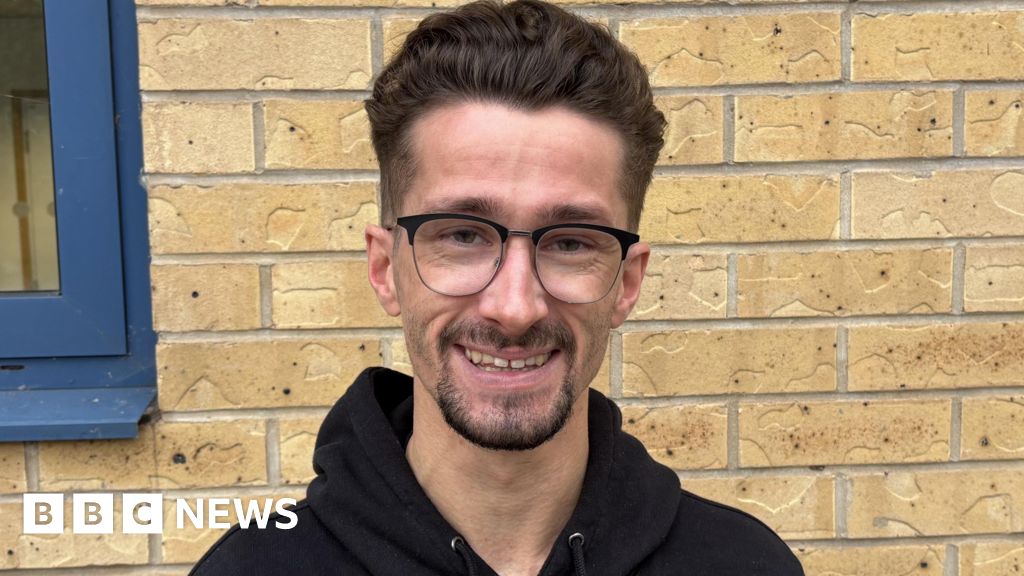A former gambling addict who lost more than £60,000 through online betting has urged people to be aware of the signs of an addiction forming.
Adam Wood, from Chapeltown in Sheffield, said the “little hobby” which he had enjoyed alongside his dad as a teenager ended up “taking over my life and ruining it”.
The 27-year-old said: “Your emotions and feelings towards it change and you start chasing your losses – those are two key signs to take a step back. It’s just not worth it.”
Since his recovery, which began in 2020, Mr Wood has taken to running, completing 14 half marathons and two full marathons.
“All that started because gambling was out of my life. Along with so many other things, it has been a huge part of my recovery,” he said.
At about 16 years old, as he left school, Mr Wood had started casually putting bets on football matches with his dad.
About a quarter of football fans in the UK gamble, according to a YouGov study, while the Gambling Commission estimates about 138,000 people could be problem gambling.
Mr Wood said he felt “in control” of his gambling until a few years later when he started to get “anxious and stressed” while betting on horseracing.
“It was a make-or-break moment where I could have stopped and realised, ‘I am probably getting a bit too deep in here’, or I can carry on doing it and potentially win some more money,” he said.
“Unfortunately, I carried on. I was lying to people and keeping it hidden, which is something that I never planned for.”
When Mr Wood did win back sums of money he had lost, he would keep going, which he said wore him down physically and mentally.
He lost between £60,000 and £70,000 on online accounts between the ages of 18 and 23, and even more in the bookies, he said.
“I got into a lot of trouble with payday loans, credit card companies, debt collectors – which at the age of 21 or 22 is not something you want to be dealing with,” he said.
“You keep convincing yourself that you can get back on top of it – but that obviously never was the case.”
Admitting to his family and friends that he had a problem was “one of the best things he ever did”, Mr Wood said.
Bryn Cooper, service manager at charity GamCare which also gave him support, said it had been “fantastic” to see his recovery.
“Gambling harm is often a very hidden issue and people who experience it can feel a lot of shame and stigma about the impact it is having on them,” he said.
“Reaching out for the first time for support is not easy, but it can be such an important step to help prevent the problem from escalating.”
Mr Wood also signed up to Gamstop, which allows people to impose a ban on themselves from joining gambling sites.
Between 17 and 21 September, the organisation is promoting this self-exclusion and encouraging football clubs to get involved.
More than four in 10 people who registered with the service had used online sports betting before signing up, said Katie Reynolds-Jones, chief marketing officer.
“Adam’s story highlights an experience that is all too common for many young people struggling with gambling harm,” she said.
“Crucially, his journey from facing bailiffs at his door to four years of recovery shows that with the right support, people can rebuild their lives.”

